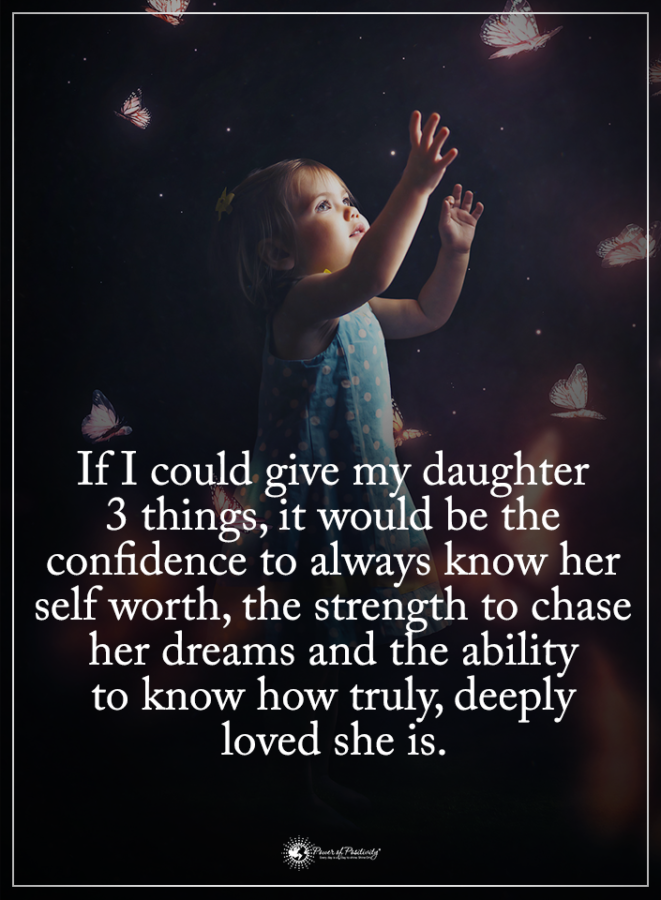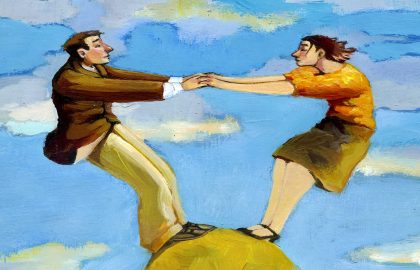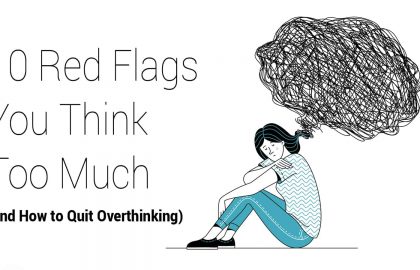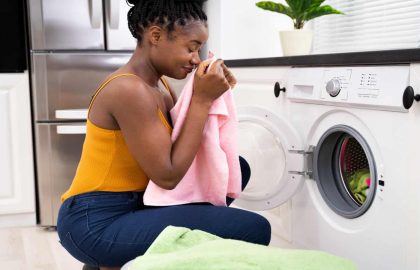“Sometimes I despair for the kids these days, I really do…I was supposed to think they were having too much sex or doing too many drugs and not listening to their wiser elders. Instead, I’m worried that they are not getting themselves into enough trouble.” – Megan McArdle, “Why kids today aren’t getting into enough trouble.”
(Authors note: For the purpose of this article, we’re going to define childhood as early childhood [3-8 years] to middle childhood [9 to 11 years]; Please keep this age range in mind as you read through the contents. Thanks!)
Unless a child happens to possess both genius-level intellect and unwavering self-discipline (virtually impossible), it’s highly unlikely they’ll concern themselves too much with the so-called “social norms.”
This is a good thing. Scratch that; it’s a great thing.
Let’s ask ourselves an important question:
What are the most important things during childhood?
Hopefully, the answer doesn’t place too much emphasis on “lessons” of the 1930’s variety. Now, we are not implying that a disciplinarian mindset isn’t sometimes necessary. It absolutely is. (We’ll touch on this later.)
We can and should correct acts of rudeness, potential (or real) acts of harm, disrespect, and so forth.
That said, childhood is a time for play – especially during early childhood. It’s a time for exploration; for finding out who they are in a world they don’t yet understand. Heaven willing, the youngster will have 70-plus years of “being an adult.”
Why this obsessive over-parenting?
The brilliant George Carlin, in one of this writer’s favorite skits, put over-parenting in blunt terms, as he always did (expletives omitted):
“Now, speaking of parents and speaking of ********; two ideas that aren’t always mutually exclusive by the way … there’s this excessive “devotion” to children; I’m talking about today’s ‘professional parents.’ These obsessive diaper-sniffers who are over-scheduling and overmanaging their children and robbing them of their childhoods…
Even the simple act of playing has been taken from them and put on ‘Mommy’s schedule.’ Playing – something that should be spontaneous and free is now being rigidly planned.”
Carlin’s sentiments certainly don’t apply to all parents, but they apply to far too many.
Which leads us to this – the topic at hand.
The Singlemost Important Phrase To Never Say Around Your Kids
Read the following sentence and see if you can find a couple of things wrong with it:
“My child would n-e-v-e-r do that.”
Have an answer? Okay, good.
Don’t have an answer? Alright, good. Moving on.
Ok – hopefully the person making the statement mentioned above is referring to their kid running into the street. Maybe they’re talking about their child not punching or kicking some other kid on the playground. If so, kudos to them.
But there are a couple of things wrong with it:
#1 There’s a possibility that the kid would “do that” despite your best efforts.
#2 It’s completely age-biased; that is, the parent is thinking from a mature adult perspective. Children don’t always share their this outlook.
Melissa Fenton, in a piece appearing on the website Scary Mommy, writes:
“It’s ever so easy to sit back and witness life from your shielded sidelines, thinking (your children) are immune to the temptations and desires that plague the rest of us.”
This statement is ironic to say the least.
Which leads us to #3: Perhaps the thing the child would “n-e-v-e-r” do is something they should.
People of all ages – children and adults, alike – learn life’s most valuable lessons from making mistakes. Most children, of course, lack the emotional self-regulation to minimize errors. This state of mind just doesn’t yet apply to them.
So, what happens when a child does something unexpected? Something they would “n-e-v-e-r” do?
Of course, the answer to this question varies. Are we talking about a kid who deliberately disrespects a teacher or peer? Or, are we talking about a kid who bypasses their homework for a video game session?
In other words, did the child’s actions violate the rights of another person, or was it a lapse of responsibility/judgment?
The latter act is a “kid being a kid” – something that all children do, whether or not they make that “something” known.
The former is (or should be) considered unacceptable, as it is a violation against (1) a recognized institution – the school, and (2) a human being – the teacher [who is also in a position of authority] or another child.
Nobody can – and nobody should – tell you how to raise your kids
Your rights as a parent are exactly that: your rights.
Bear in mind, however, that your child possesses rights as well.
Is there not something to be said about a well-balanced childhood?
A childhood that involves the proper use of discipline while permitting a healthy dose of autonomy?
A childhood where homework and play are equally encouraged?
Agatha Christie, the best-selling fiction author of all time, sums up the beauty (and importance) of our young years:
“One of the luckiest things that can happen to you in life is, I think, to have a happy childhood.”
May we contribute to the happiness of that childhood.
(C)Power of Positivity, LLC. All rights reserved
References:
http://nypost.com/2015/07/10/why-kids-today-arent-getting-into-enough-trouble/
http://www.scarymommy.com/dont-say-my-kid-would-never-do-that/
https://www.brainyquote.com/quotes/quotes/a/agathachri401066.html
https://www.youtube.com/watch?v=uhB_MYwQdkI
The post The Singlemost Important Phrase To Never Say Around Your Kids appeared first on Power of Positivity: Positive Thinking & Attitude.






